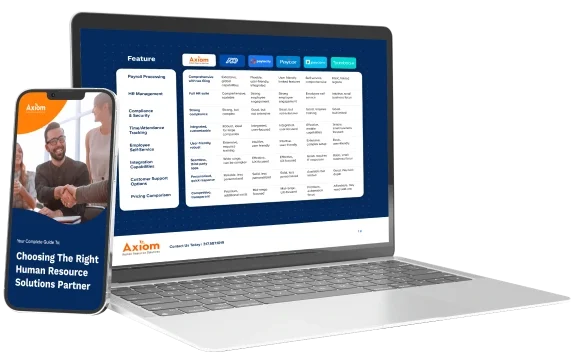It’s August already—and time to evaluate the end of year and what employee benefits will look like in 2013.
Speculation about the effect of Health Care Reform’s mandates has insurers rating groups up. And soon business owners and HR managers will be immersed in the miserable process of weeding through the bad news of a renewal and trying to ease the pain of the increasing cost of doing business in the United States.
This year—more than any other—is the one for you and your HR manager to align closely with your broker and become part of the shopping and procurement process. This is the year to make sure no stone goes unturned.
So how do you ensure that you are presented with the best alternatives? Take the following steps, and take them now:
1. Get an early start. Unless you tell your broker now that you want to look at all available options for 2013, you might miss out. If you don’t find out about renewal rates early, you might not have time to do the comprehensive shopping you need to do this year.
2. Use Form Fire or another automated platform. Automated benefits pricing and procurement platforms are taking over the marketplace. These systems have been around for several years, and all brokers who are worth their salt in the group health arena are subscribers to one of these systems.
Demanding this service eliminates the need for paper applications and enrollment paperwork, removes HIPAA-protected data from the workplace, and enables the broker of record to shop all the major providers off the same form. Some platforms through payroll providers are even implementing self-service enrollment tools.
Ask for a list of all providers your broker is shopping, and if one of the majors is not listed, question that motivation.
3. Demand to see traditional Preferred Provider (PPO) as well as High Deductible Health Plan (HDHP) options from the top three or four insurers who quoted. Doing so forces your broker to put together a comparison that lays out all the top options. The “hot hand” in the group health insurance markets can change from year to year, so it is important to explore options on carriers as well as strategies. Adjusting deductibles, adding coinsurance or increasing out-of-pocket maximums can greatly impact what is “affordable.” Myriad additional strategies and alternatives to health insurance for small businesses can also make sense, but they don’t pay commission. Do you wonder why your broker has never brought them up?
4. After the choices have been whittled down, find another set of eyes. Make sure you’re not missing anything of substance by enlisting a licensed agent–or anyone else who has knowledge of how health plans work—to compare your top picks. Double-check now to keep surprises out of what can be a very expensive equation.
5. Educate employees completely. Make sure all existing employees and new hires throughout the year are educated on the health plan, the network, and how to use the chosen product or products. I often find situations in which employees overuse or misuse their insurance because they don’t really understand how it works. Time spent explaining benefits to employees not only makes long-run financial sense by minimizing claims, but it shows a vested interest in the lives of employees and their families. A good broker will make this happen every year regardless of the size of your business.
The time to start to weigh options for 2013 is now—right now. If you’re interested in a free consultation with an impartial third party who is a licensed agent but doesn’t make a living selling insurance products, call us today.
